Talking to my Dad about the current situation with the UK’s Brexit negotiations with the EU. Listen to hear explanations of what is going on with Brexit, how Northern Ireland is involved, what motivates Brexiters and some comments about other bits of international news – all delivered by my Dad with his clear and coherent English. Notes and transcriptions available.
[DOWNLOAD]
Introduction Transcript
Hello everyone, here’s a new episode of the Rick Thompson Report. It’s been a while since the last one of these. If you’ve never heard a Rick Thompson Report on the podcast before, these episodes are when I talk to my Dad about the news – usually politics and especially Brexit.
It started last year when I spoke to Dad about Brexit in an effort to explain the subject and to see what kind of language would come out of our conversation. People told me they liked hearing my dad’s comments and so we made it a more regular feature on the podcast.
My Dad has a clear voice and he’s able to explain these complicated political stories in a fairly coherent way. Also he is a former journalist who likes to keep up with the news so he’s a good person to talk to.
It’s no secret that my dad believes the UK is better-off in the European Union, even if the EU is by no means a perfect institution. I have to agree. This is not the BBC – we don’t have a duty to try and present a balanced view, although I think it’s really important to deeply consider both sides of the argument. But this isn’t the BBC so we can give our personal opinions, and after plenty of consideration we think leaving the EU is an unnecessarily reckless thing to do and we often wonder about the motivations of the people who campaigned and voted for it in the referendum in June last year.
Since the referendum, Dad and I have followed the story of Brexit on this podcast in episodes of the Rick Thompson report.
If you want explanations of the specific language of this topic, I suggest you go back into the archive and check out episode 352
Brexit: The Story so Far
As a recap, here is the story so far.
Former UK prime minister David Cameron called a referendum on the UK’s membership of the EU largely in order to satisfy the wishes of the growing Eurosceptic elements within his own party. Some members of the Conservatives are so anti-Europe that it could have split the party in two (with the Eurosceptics breaking away perhaps to join UKIP or to set up another party or something), and this would have effectively destroyed the Conservative party. So I think, when he called the referendum, Cameron didn’t really believe the country would vote to leave, and that by having a referendum with a ‘remain’ result, this would silence the Eurosceptics and it would bring his party together again, mending the divisions.
So, arguably, this whole thing has happened just to settle a dispute within the Conservative party.
It didn’t happen in the way that Cameron expected of course. As we know, the people of the UK actually voted to leave by a narrow margin – 51.9% of the country voted to leave and 48.1% voted to remain. This was a result that nobody really expected and therefore we are now in completely new territory. Instead of silencing the Eurosceptics, many of them are now in charge.
So, why did people vote to leave the EU, especially when so many experts and commentators predicted that leaving would be highly damaging to our economy and therefore to the general standards of living in Britain?
It’s very complicated and there are various reasons. Partly it seems to be about immigration – that many people see the EU as a gateway through which immigrants can come into the UK – and many people think that immigrants are bad because they take jobs away from local British people and bring with them a culture which is incompatible with life in the UK – namely the culture of those people coming through Europe from Arabic nations where Islam is the main religion, and that preventing these people from coming is more important than pretty much anything else like being part of the European marketplace, having access to all the EU protections and programs and being able to travel freely throughout Europe and so on.
Many Brexiters see the EU as an undemocratic institution threatening the sovereignty of the UK. Others think that the UK pays too much money to the EU and that it’s an unfair arrangement, and that we could be better-off making trade deals with the rest of the world, instead of Europe.
None of them ever talked about the various benefits of EU membership, which would be lost if we left.
All those reasons for leaving the EU that I mentioned are thoroughly debatable and questionable and are considered by many people to be simply not true. Is the EU really an undemocratic institution? Is it any more undemocratic than the UK’s own political system? Is EU immigration so bad for the country? The majority of EU citizens coming to Britain come from European nations and bring with them skills that contribute to UK life – for example nurses and doctors who are vital to our national health system. Will closing the doors to the EU really stop muslims from coming to the UK? Aren’t many of the terrorists who launched attacks on the UK born and bred there? And what’s wrong with muslims anyway? The Brexiters (as they’re called) seem to have the position that Islam is intrinsically at odds with British life and that it’s a direct threat to our culture, as if the values of extreme groups like ISIS are true of all muslims and that somehow getting out of the EU is the solution to this issue, even if that means breaking away from European security services which work with the UK to monitor and prevent terrorist attacks.
This is very tricky territory. We all agree that ISIS, DAESH or whatever you want to call them – that these people are dangerous and awful. We also know that the words of the Koran are interpreted in many ways – some more aggressively than others, but is leaving the EU the right response to this situation? It seems like a knee-jerk reaction to the issue and an expression of a desire to just isolate from the world and somehow go back to the way things were in the past when Britain enjoyed a more powerful position on the world’s stage and generally things were a bit more simple, when we didn’t have global warming, the banking crisis, overpopulation, the internet and all the rest of it.
Also, the leave campaign was accused of exploiting the fears and emotions of the people unfairly, making false promises, using the platform for selfish reasons and generally not having any sort of plan for Brexit beyond “Let’s just get out and make Britain great again”.
Anyway, after the referendum result the UK parliament voted to go through with it and so that’s that.
David Cameron resigned of course, straight after the referendum result came out, effectively just walking away from the mess he’d created. He’d campaigned for the UK to remain in the EU, and so the argument was that he wasn’t in a position to oversee the negotiations for our departure. So, who took over? Various people lined up to become the next PM and there was a bit of backstabbing and shifting of positions, and in the end everyone else dropped out except Theresa May, who by the way also wanted to remain in the EU. So Cameron left because he was a remainer, and was replaced by May who was also a remainer… Yes, it doesn’t make sense. That’s the thing – not a lot of what has happened since the referendum has made sense – mainly because there was no Brexit plan beyond “Let’s just take back control and make Britain great again.” How? Ummm…. Stop complaining and get on with it!!!
So after triggering Article 50 to formally begin the process of leaving, the UK’s government led by Theresa May have had to start negotiating with the EU to work out the terms of the deal.
That’s pretty much where we left things in the last Rick Thompson report. Since then a long time has passed and honestly hardly any progress has been made, and all sorts of really difficult problems have come up – problems which many people think might be impossible to resolve, like for example what is going to happen on the land border between Northern Ireland (part of the UK) and the Republic of Ireland (part of the EU). Nobody wants a hard border there, with passport checks and visas required for movement. Also – what about the rights of people from the EU who are living in the UK and perhaps are settled there with children and families? What about the rights of UK citizens living in Europe, in a similar situation, like me? What about all the companies that rely on trade with Europe? What will stop them just moving their operations to somewhere in the EU when they realise that it won’t be profitable to carry on trading from outside the EU? And what about the so-called “divorce bill” that the UK will have to pay to the EU before it leaves – the money that it owes? And what will be the impact on the UK’s economy? What about the different industries that require membership of the single market to be able to do their business – because the majority of our trade deals are done within the EU. How will this affect our economy, to totally uproot our trade deals? Will the UK be able to make a new deal with the EU that will be anywhere near as good as the one we have now?
These are extremely hard questions to resolve, especially for the UK – and the EU is not in a mood to make lots of concessions to the UK – they will not want to make it easy for the UK to leave with a great deal because they need to set an example to other EU nations to say “Look, don’t you think about leaving too! We need to stick together!” So it’s going to be a very tricky negotiation, especially for the UK who aren’t in a great position to get concessions from the EU but as I say these words the UK government and representatives from the EU are negotiating these issues, while the clock is ticking. The clock is ticking because in March 2019 the UK will be leaving the EU whether there is a good deal or not.
So, I spoke to my Dad yesterday evening and we talked about all of this, and you’ll hear that my Dad is very doubtful that Theresa May can get a good deal here, but, Immediately after the recording, during the night Theresa May and EU negotiators made some progress and, the EU have decided they can proceed to talk about the future relationship between the EU and the UK. If you’ve seen the news today you might have seen the story that “significant progress” has been made in the negotiation.
This basically means that the EU have said “OK, we reckon we could do a deal” – this is the first major step in the negotiations. This includes promises that there will be no hard border between Northern Ireland and the Republic of Ireland. But all the specific details will need to be agreed in the coming months – and they only have a few months to negotiate everything, and the Irish border issue hasn’t really gone away. We still don’t know how goods and people will be treated between north and the Republic of Ireland. To get a sense of how tricky this is – listen on and you’ll hear Dad expand on it a bit.
So things have already changed in this situation since we recorded the conversation yesterday. That’s just the way things go – we’re on shifting sands here.
This is quite a long introduction, and I’m nearly finished but I’m just trying my best to keep this clear for everyone out there in podcastland, including those of you who are far removed from this story and perhaps don’t really know anything about it. I always try to make things clear and simple for you in episodes of this podcast, but sometimes it’s just not possible when I want to talk about a subject in proper depth! And that’s the real world! This, like certain other episodes of my podcast, could be a difficult one to follow, but I hope you stick with it and that even if you don’t understand all aspects of this unprecedented political situation, that this helps clarify things at least a bit, that you can notice certain bits of nice language in our conversation and that you at least enjoy listening to my Dad’s descriptions and views on all of it.
Alright, so here is the Rick Thompson report for December 2017, recorded yesterday evening, that’s the 7th December.
CONVERSATION WITH DAD
Outtro Transcript
So that was the Rick Thompson report for 7 December 2017.
How are you, are you ok? How’s your head after all that talk of politics and stuff?
I’m aware that the political scene is constantly changing, especially right now with regard to Brexit. Shifting sands as I said, so by the time you listen to this things may have changed a bit, including the announcement today that Theresa May has achieved a preliminary agreement in the negotiations.
This from theweek.co.uk:
Trade talks to start after Brexit deal struck
The UK has reached a draft agreement with the EU on the first phase of Brexit talks following a long night of negotiations. Theresa May flew to Brussels this morning for a meeting with European Commission President Jean-Claude Juncker, who said negotiations could now move on to the terms of the new UK-EU trade deal. May has promised there will be no hard border for Ireland.
May’s 15 pages setting out the last-minute Brexit deal “give her what she needed for now”, says the BBC’s political reporter Laura Kuenssberg, but “this is a political agreement, not a practical one that answers every single question”.
http://www.theweek.co.uk/brexit/65461/brexit-davis-admits-there-are-no-economic-impact-studies
So, basically, all the specific details still need to be worked out, and there are a lot of them.
So let’s see what happens. I wonder how things will turn out.
That’s the end of this episode.
No vocabulary to go through here I’m afraid, although you heard quite a lot of expressions relating to international relations and politics in there. For this episode I can’t do a vocab review because I’m a bit pushed for time today and I want to get this episode published as soon as possible so I can get back to work.
Baby News
There is no baby news at this moment. The new Thompson still hasn’t arrived, but it could be any day now!
Pod News
I have already recorded episode 499 and that will be all about the royal wedding between Prince Harry and Meghan Markle, plus a discussion about the Royals with a Royal Family quiz. So everything you wanted to know about the royals, and in that one I’m joined by Amber – so you will get to hear her lovely voice on the podcast again.
And after that it’s episode 500.
I wonder if I will be able to work on that and get it published before Thompson Jnr arrives on the scene. If not, it might take a little while for it to arrive. We will see. In any case I will speak to you again on the podcast soon in episode 499.
I was on the Earful Tower Podcast this week
Also, remember Oliver Gee from Australia? I talked to him on the podcast recently. I was on his podcast yesterday – we recorded an episode all about the Paris Metro, recorded while riding on the Paris Metro. It was quite fun – we talk about our observations of the Metro and some of the funny things I’ve experienced during my many hours spent travelling around the city.
You can listen to it by going to https://theearfultower.com/ I think I might publish that episode in a website post too so that if you’re an email subscriber you’ll get the link in your inbox.
OK, thanks for listening, speak to you again soon. Bye!!!
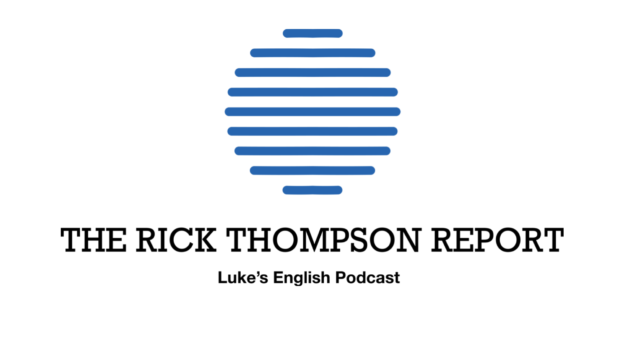
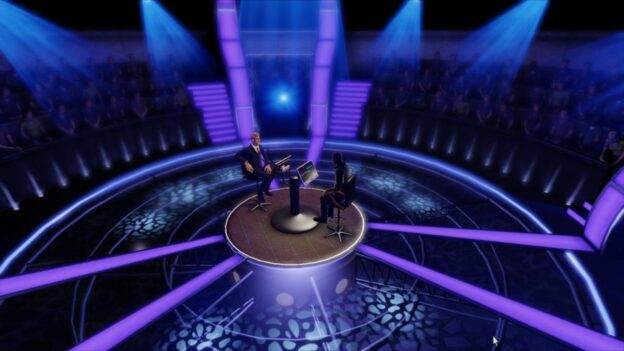
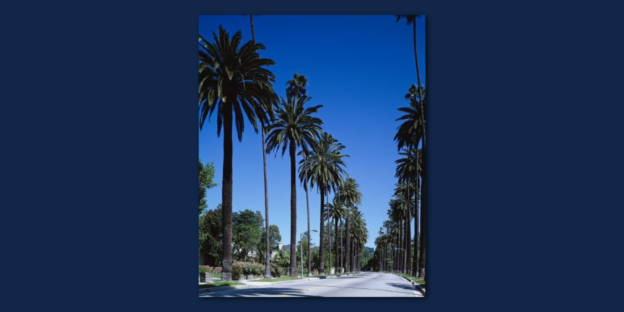




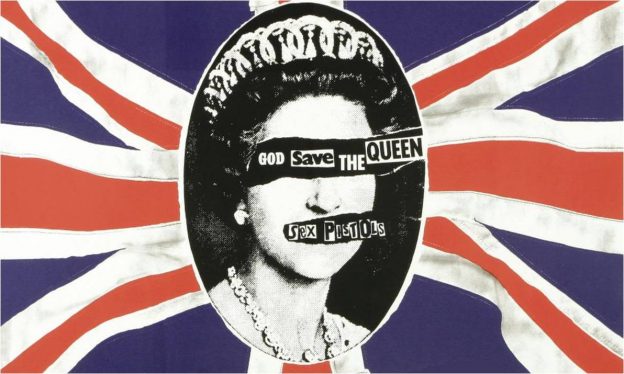

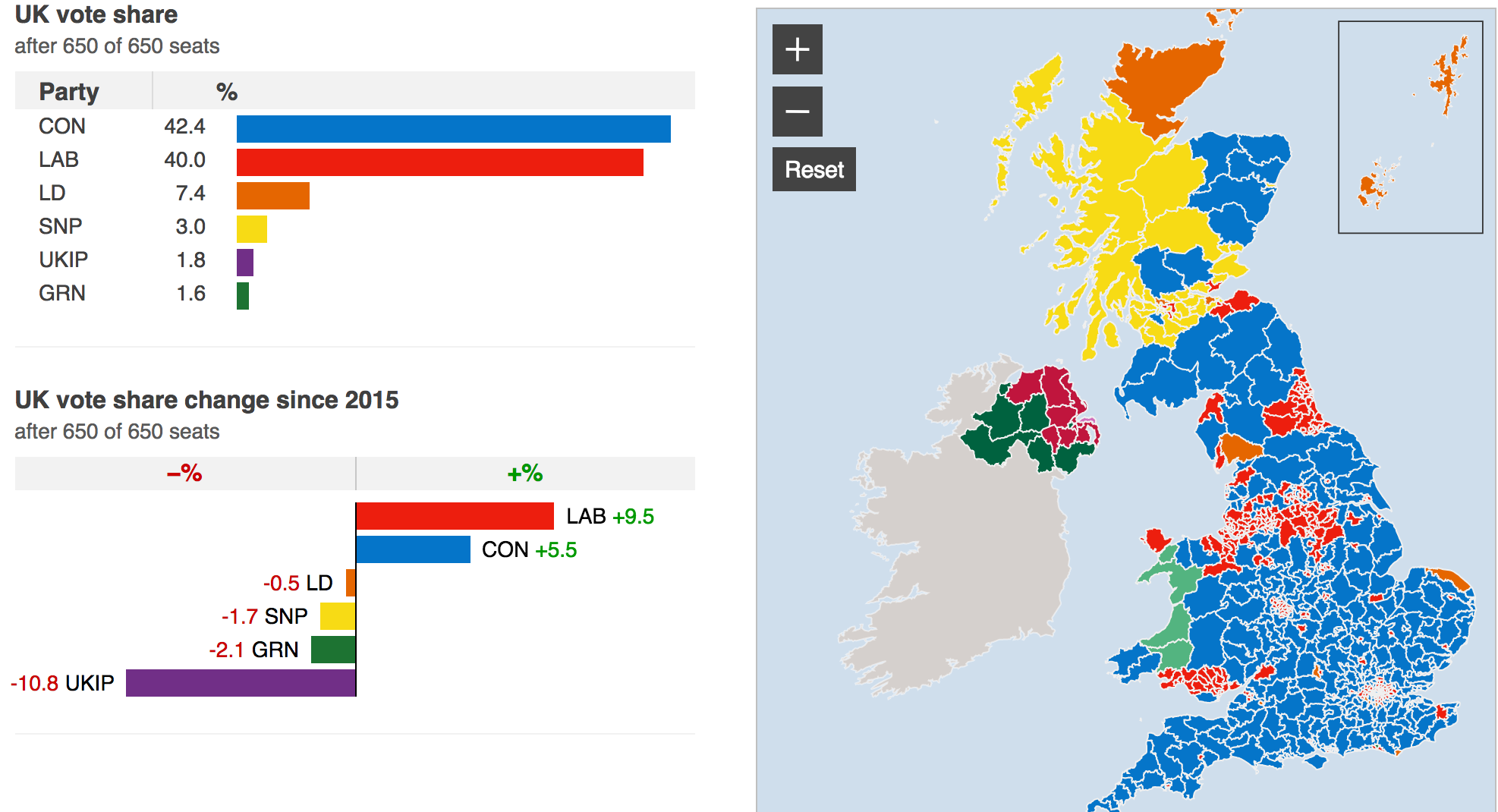
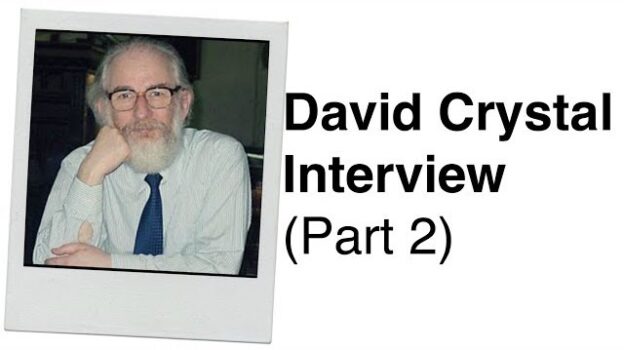

 Oil painting by Sasha Sokolova
Oil painting by Sasha Sokolova